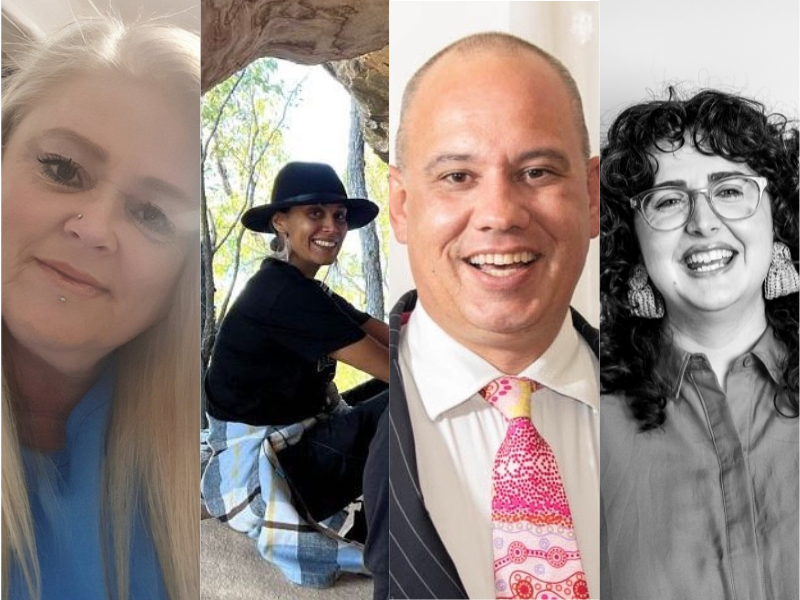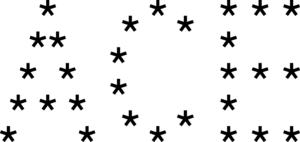Julie Clarke-Jones (Webb) is a proud Dharug woman. She works as an advocate, educator, consultant artist, dancer, mentor and activist. Julie promotes cultural awareness, equity, access and self-determination in both the public and private sectors. In 2020 she joined ACE’s Board of Governance.
Miah Wright is a proud Gomeroi Dunghutti woman, a member of the intergenerational all female Jannawi Dance Clan, an activist and an event Producer. Over the past 17 years, she has worked in event management, curating, entertainment, talent management, community engagement and consultation, and TV & Radio hosting.
Andrew Smith is a proud Wiradjuri man, a Barrister-at-Law with a history of advising and appearing in a variety of legal areas including Building and Construction, Commercial Litigation, Corporations Law, Insolvency (Corporate and Personal), Insurance and Mortgage and Securities Recovery in multiple jurisdictions including superior courts of record.
Hannah Donnelly is a Wiradjuri curator, writer and producer interested in Indigenous futures. Before recently joining UTP as Co-Artistic Director, Hannah was Producer, First Nations at Arts & Cultural Exchange. From 2018 until mid 2020, she was Head Curator of Aboriginal Programs at Carriageworks.

